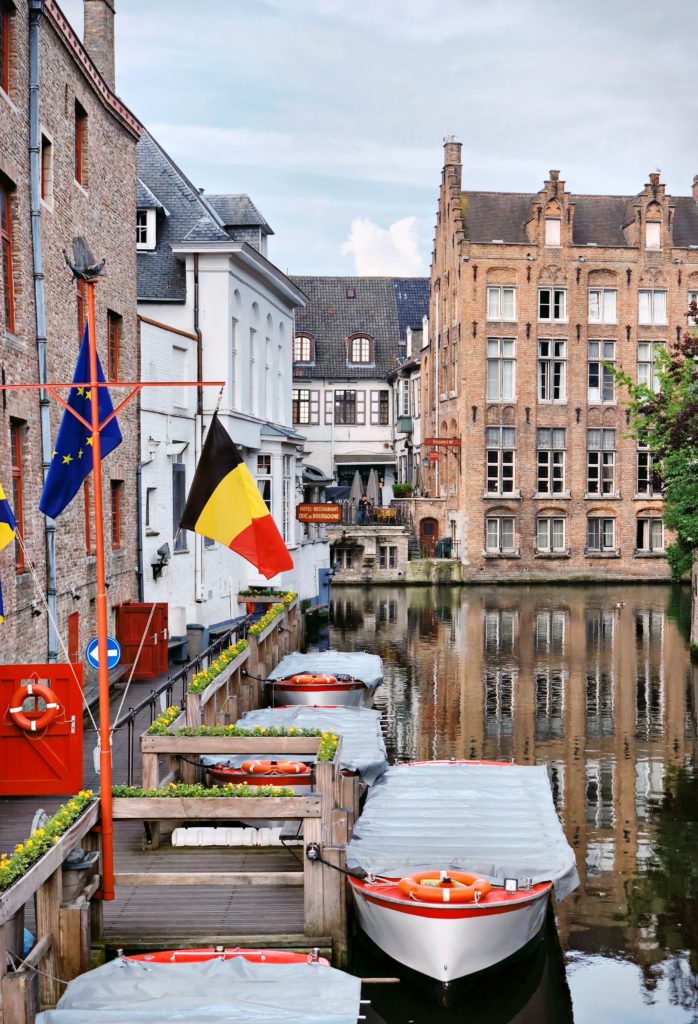Relocating to a new country requires a lot of research. Searching for the perfect city and town, schools, business or employment opportunity, a house that meets your needs, and a lot more. Moving to Belgium is no different. The country is undoubtedly Europe’s finest, with a range of landscapes, deep and rich culture, and busy cosmopolitan cities that are an attraction by themselves.

The first thing to know is what type of visa you qualify for which also satisfies your needs. Fulfilling the visa and residency requirements is so important, because any lack of documentation or other details may lead to a declined request, in some cases, it may be temporary, while in others the restriction may be permanent or for a lifetime.
The other aspect to consider is the cost of living, the expenses of relocation, and a steady inflow of income. These factors are detrimental to obtaining the visa type of your choice.
The right type of visas
A citizen of any of the European Union states does not require a visa to visit, stay or work in Belgium as part of the “freedom-of-movement” Act between the EU states. However, if you belong to a country outside the EU or the EEA region then your first step would be to apply for a visa. The type will entirely depend on your duration of stay. Since this article is about relocation, we would only discuss visa types that grant a long-term stay.
Employment visa
An employment visa grants work and stay, but is only useful when combined with a work permit. Applicants for this visa must land a job before application as the employment letter must accompany the visa application. Upon consideration, a work permit may be issued, which then makes the applicant eligible to work and stay for employment tenure in Belgium.
Self-employed visa
The authorities that allow this visa are the Federal Public Service for Economy, Small Medium Enterprises Commission, and the Self-Employed and Energy Commission. Once the approval from the above said is obtained, then only can an application be moved for the self-employed visa. Contacting your nearest embassy or consulate and filling out the proper forms and submitting the right documents is the first step.
Manager visa
People who earn more than EUR 65,000 annually and enjoy senior managerial positions such as Managing Directors, Chief Executives, Directors, Board Members, Chief Engineers, etc… do not require a work permit. However, a resident visa is still required. The initial steps are similar to any other visa type.
Student Visa
Belgium’s universities and colleges stand among the top-ranking institutes in the world, and hence thousands of students apply and come here to study each year. Admission to the institute of your choice can be obtained online, some institutes even accept credit hours transfers. Merit-based scholarships are also available for top performers. After the submission of the initial tuition fee, proof of accommodation, and availability of sufficient finances, the institutes issue an admission letter. This letter may be used as an invitation letter to obtain a student’s visa.
Research Visa
Research scientists and those pursuing postdoctoral coursework are exempted from a work permit, all they need is an affiliation letter, establishing the affiliation of their institute with an institute in Belgium. The home country of the applicant must have a hosting agreement with the Belgium government.
Specialist visa
People showing the intent to invest in Belgium, or have a spouse that is a Belgian citizen, can apply for a specialist visa.
Languages in Belgium
It is important to know that the city a person is relocating to falls in which region of Belgium. As each has a different language and culture and knowing this is the first step to cultural assimilation. For instance, Northern Belgium speaks and communicates in the Flemish language which is similar to Dutch. As you move towards Southern Belgium the language changes to French, while in the bordering areas German is spoken and widely understood. Hence, depending on which city you plan to relocate to, knowing about the language, culture, and value system of that hemisphere is essential to blend in.



